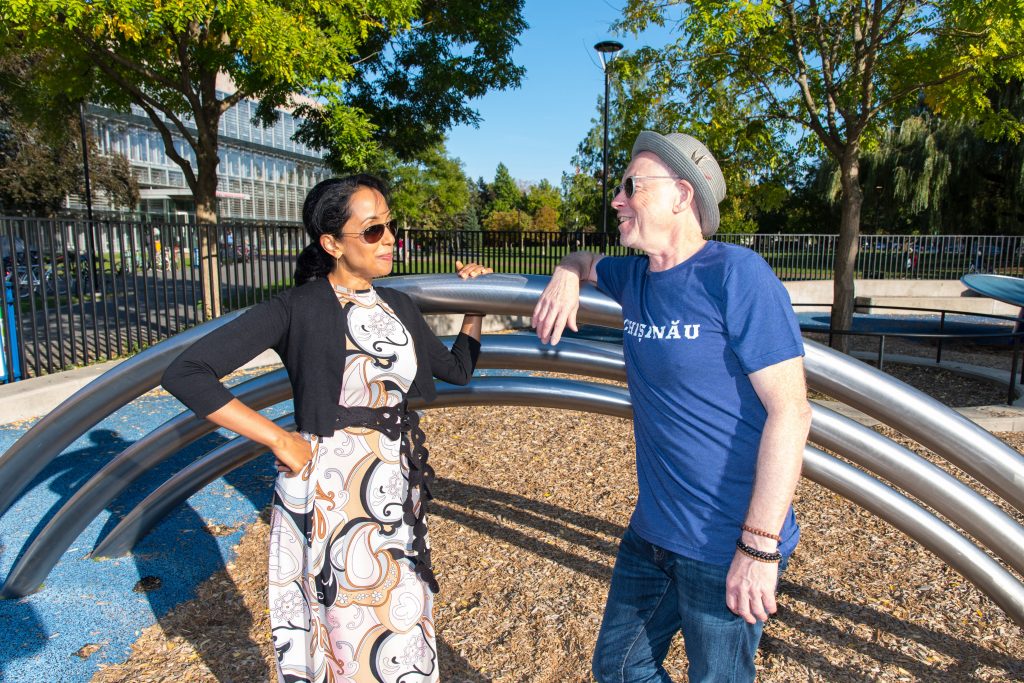The podcast

Language unites and divides us. It amuses and mystifies us. We care deeply about it, whether it’s apostrophe abuse, speech discrimination, or the sweetness of a mother tongue. Subtitle tells stories of our obsessions with language, from comedians, writers, and researchers; from speakers of endangered languages; from speakers of multiple languages; from anyone who shares these obsessions.
Subtitle is a production of Quiet Juice and the Linguistic Society of America.
Linguistic Society of America
The Linguistic Society of America is proud to serve as the lead sponsor of the Subtitle podcast. The mission of the LSA is to advance the scientific study of language and its applications. Founded in 1924, the LSA works to educate and inform a variety of audiences about the value of linguistics research and scholarship to society as a whole. As a charitable, tax-exempt non-profit organization, the LSA welcomes financial contributions to support its mission, including production costs associated with the Subtitle podcast. Donations for this purpose may be made by visiting our secure online donation facility.
Patrick Cox
I have always loved audio and language. In my twenties my dream job was to be a theatre sound designer in Denmark. (I got the gig, but dreams don’t always run predictable courses.) Later I became a radio journalist, reporting from dozens of countries for The World public radio show. Every time I came back from a trip abroad, I’d return with a handful of stories but the fun ones would always be about language: the street slang of Singapore, the linguistic spats of post-apartheid South Africa, the lost words of the lost nation of Yugoslavia, the French words beloved by English speakers in Quebec. And so in 2008, I founded The World in Words podcast. It ran for ten years and received three grants from the National Endowment for the Humanities. In 2018, the Linguistic Society of America gave me its Linguistics Journalism Award. I realized it was time for a new podcast, and Subtitle was born.
I live in Cambridge, MA where I study Mandarin in a failing attempt to keep up with Chinese-American family members.
Kavita Pillay
After a few post-collegiate attempts at other career paths, I realized that I felt most fulfilled when researching and reporting a story to share with listeners and viewers. I came to audio by way of documentary film, and I’ve reported on topics such as comedians in Singapore, Catholicism in Poland, and Finland’s insecurity complex for PRI’s The World and the BBC. My feature length documentary on Indian men named Stalin and Lenin is in post-production, and like most documentaries, it’s taking longer than I ever expected. Please stop asking about it, okay mom? Along the way, I’ve been fortunate to receive the support of a number of organizations, including the LEF Foundation, the Sundance Institute, the Massachusetts Cultural Council, and the Fulbright Scholar Program.
My primary qualifications for reporting on language are (1) I was born and raised in northeastern Ohio, where the myth of the “General American” accent runs deep (2) I suffer from word aversion (you laugh for you know not my pain) and (3) I won my school’s 5th grade spelling bee. Nonetheless, as an adult, I’ve come to depend on spell check for words like ‘moccasin’ (the word that tripped up my 5th grade spelling rival, whose parents were also Indian immigrants. It’s a whole thing). I live with my Finndian — as in Finnish + Indian — family in Cambridge, MA. If you are struggling to raise multilingual children, I feel your pain.
Photo: Kirk Chao
